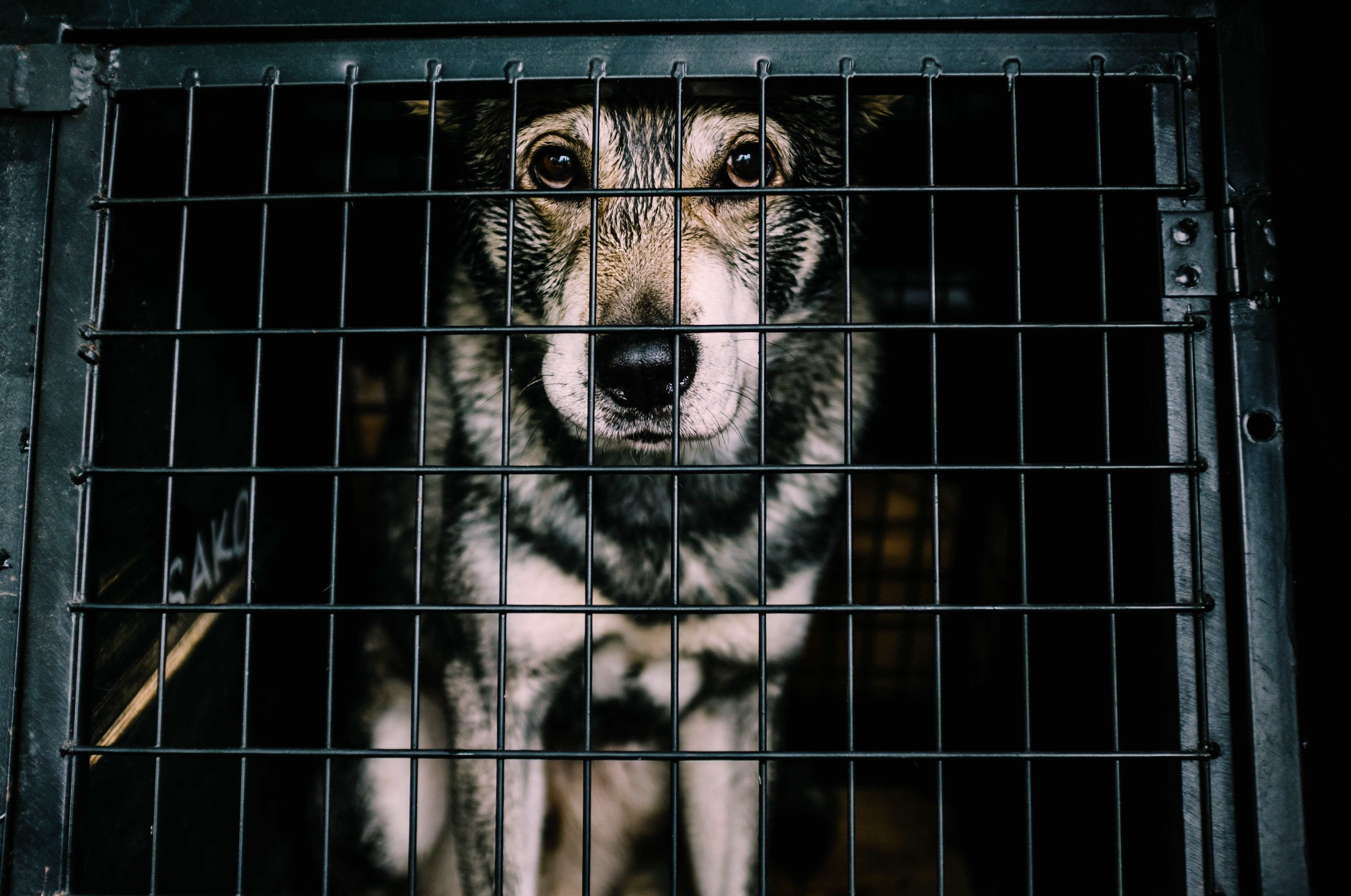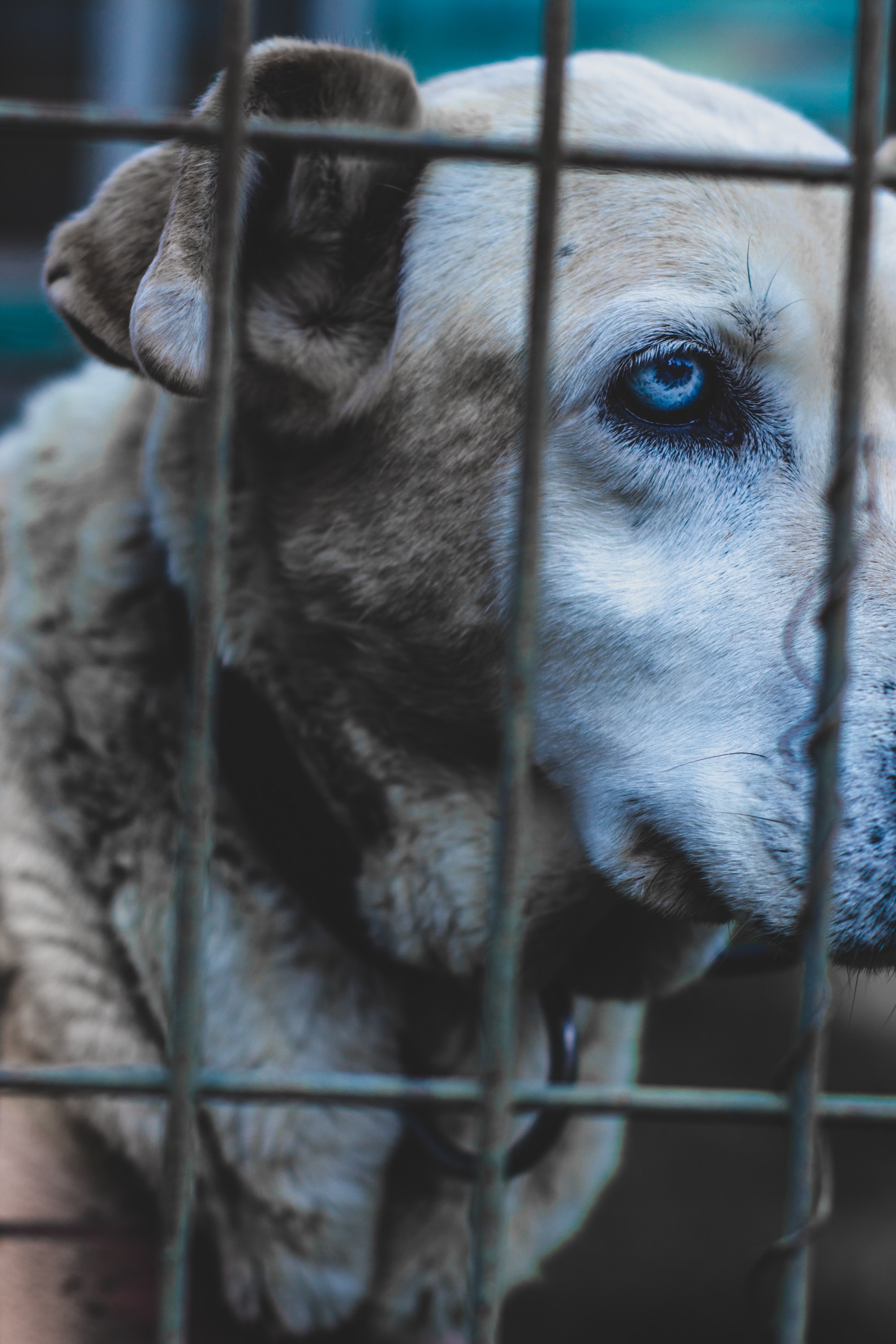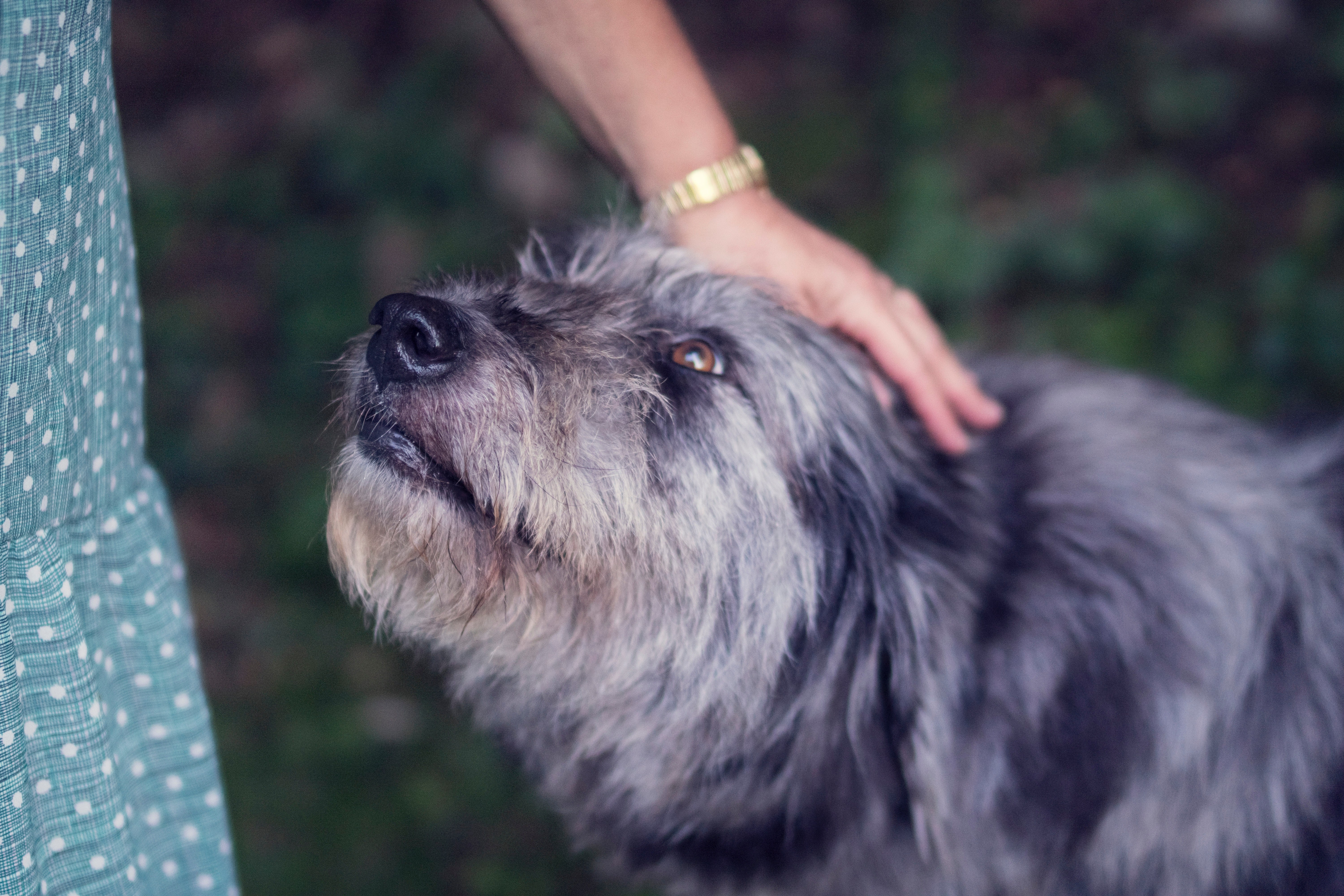Here is the problem straight up (and it is a huge one)– There are too many dogs being bred for the amount of homes that are available. This means there are dogs being abandoned and euthanised every day.
The RSPCA receives thousands of animals every year in every state and territory in Australia. Almost 1,000 dogs are euthanised each year at the Lost Dogs Home (and, by the way, 6,000 cats).
But that isn’t the whole picture as these are just two of the major animal shelters. There are thousands of rescue charities throughout Australia working tirelessly taking in surrendered animals, not only direct from the public, but often taking in dogs that shelters can’t accommodate. Sadly, at many of the major shelters, a dog can be euthanised simply because the shelter is full, and more room needs to be made for dogs coming in.

One such charity is Second Chance Animal Rescue, which has taken in 8,000 animals from being euthanised in pounds and shelters throughout Victoria and now settled in new homes around the state. (http://secondchanceanimalrescue.com.au/)
We know as dog-lovers this strikes a chord with you. But what can we do about this?
1. Choose to save a dog, rather than buying.
Buying a dog from a breeder encourages the breeding economy. There are already too many dogs.
2. If you have the space and time for another dog, consider saving one. The right dog could be a companion for your current furry friend; a young dog a bit of energy-giving life to an older dog.
3. If you don’t have the space and time for another dog, donate to Second Chance Animal Rescue. (https://www.mycause.com.au/payment/charity/25182) or look into volunteering at your local dog shelter.
4. Register as a 'helper' with Dogshare where you can help the existing dog-owner population by giving them a hand with their dog regularly. You will be like a fairy-dog-mother (or father!) to a pooch in need and you could also be helping a family who are experiencing a particularly busy or difficult period of their life.

We understand sometimes there are legitimate reasons for re-homing a dog. But, rather than abandoning the dog at the RSPCA, here’s what you can do:
1. Keep the dog in your care while you look for a suitable new home for the dog.
2. If you have a dog that you’ve purchased through a reputable breeder, speak with the breeder first. All good breeders will assist you to re-home and often have waiting lists of people looking for dogs.
3. Ask family and friends – there could be someone in your network who has been considering getting a dog. Plus, finding a loving home via someone you know has the added bonus of allowing you to visit your pooch in the future.
4. If the above doesn’t work, find a rescue group rather than a shelter. There are so many great ones. Rescue groups differ from a shelter in that they care for dogs using a network of foster homes.
• Breed specific rescue and rehoming groups are a great way to get the word out that your dog is looking for a new loving family. There are thousands of them (many on Facebook). These groups are full of people who are looking for a dog. Be careful when using these networks. Be 100% confident the home will be a suitable and loving environment and never re-home a dog that is not desexed.
• List your dog on Pet Rescue, Australia’s largest database of dogs up for adoption (https://www.petrescue.com.au/)
• The last option is a shelter but speak with them first about your previous efforts to re-home and if possible keep the dog with you while the search is on. This ensures that your dog doesn’t spend its final days alone in a dog shelter, only to be euthanised if a home can’t be found.

We can work collectively to reduce the number of dogs that are sitting in shelters and end up euthanised. Here’s our top tips…
• Dog ownership, like all animal ownership, is a serious commitment. It’s like having a baby. It’s a long-term commitment that will have an enormous impact on your life.
• Research different breeds to find one that will best suit your lifestyle.
• When selecting a dog, consider rescuing a dog in need or find reputable breeders. Don’t buy from puppy farms or backyard breeders.
• Be sure to spend lots of time with your new puppy or dog and teach it basic obedience. A well-adjusted dog will mean that you have an easier time with your dog long term and if your dog ever needs to be re-homed, your dog will be an appealing prospect. Dangerous and poorly behaved dogs are difficult, if not impossible, to re-home and are often doomed to euthanasia. You are responsible. Step up!
• If you ever need to re-home, follow our tips above.
Pictures:
Photo by Fredrik Öhlander
Photo by Cristian S.
Photo by Simone Dalmeri